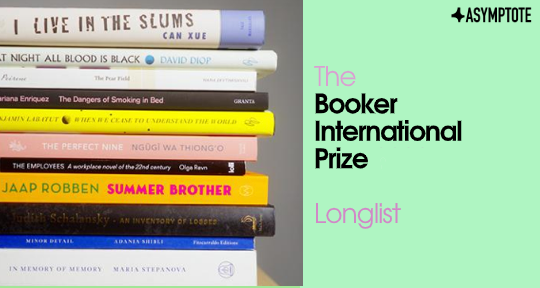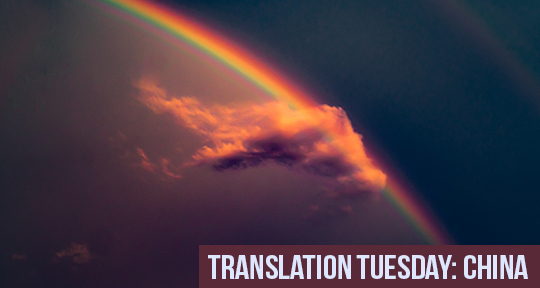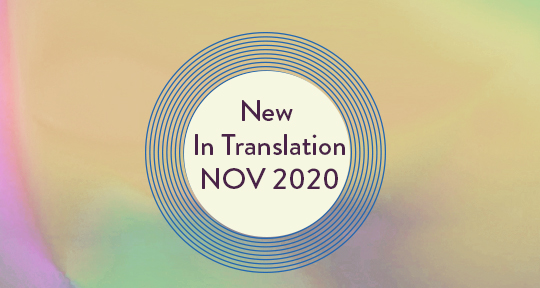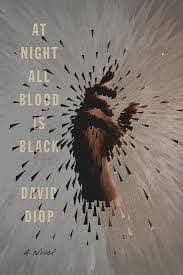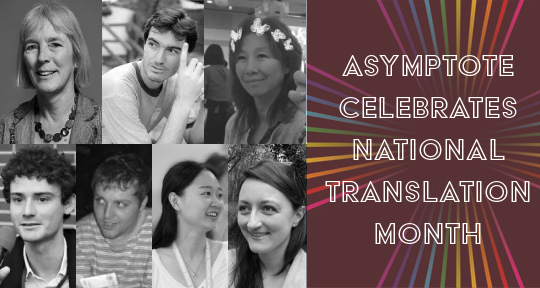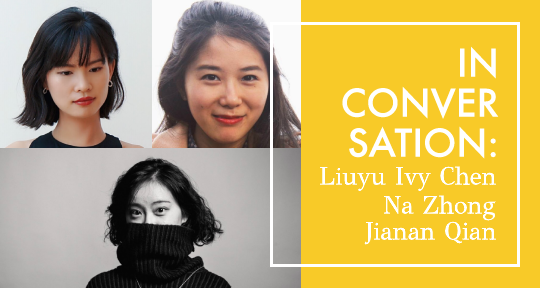This week, our writers bring you news from China, Albania, and Central America. In China, the prestigious October Literature Prizes have been presented, with Jidi Majia awarded the 2020 Special Achievement Award; in Albania, the National Center for Books and Reading has revealed the winners of the its 2020–2021 translation fund; and in Central America, Carlos Fonseca and José Adiak Montoya have been featured on Granta‘s best young Spanish-language authors list. Read on to find out more!
Xiao Yue Shan, Blog Editor, reporting for China
October 十月, the renowned literature magazine founded in August 1978, gets its name from the downfall of China’s Gang of Four (a group of Communist Party leaders who took most of the blame for the Cultural Revolution’s devastations) in the October of 1976—upon which, as the line goes, the people of China were able to put behind them ten years of terror, and begin anew the aspirational proceedings of a new national context. As such, it is a publication that took upon itself the tremendous responsibility of delineating the rapidly changing cultural milieu, as well as rousing once more the imaginary and illuminating capacities of a language crippled from years of demolishment. It remains today one of the most prestigious publications of the nation, and the October Literature Prize amongst the highest honours awarded to Chinese writers.
On April 16, the sixteenth and seventeenth October Literature Prizes were presented in “the first town built on the Yangtze”—Lizhuang in Sichuan province. Of each edition, twelve writers were honoured in categories of Novel, Novella, Short Story, Essay, Poetry, and Special Achievement. Jidi Majia 吉狄马加 received the 2020 Special Achievement Award for his book-length poem, 裂开的星球 (The Split Planet), a totemic work that brings the soaring epics of myth into the startling light of the present, as inquiries to the human soul once again come to the poet’s consciousness; the work is emblematic of Jidi’s conviction that poetry holds a knowledge of the future. Also amongst the awardees was writer A Lai 阿来 for his novel 云中记 (In the Clouds), which describes the complete disappearance of a Tibetan village in the aftermath of the 2008 Sichuan earthquake, and a local priest’s invocations of how one copes in the face of profound, replete obliteration. A full list of winners can be found here (Chinese only).
If you are to find yourself somewhere near Nanjing, it would be worth your time to visit the Tangshan Quarry Park, a devastatingly beautiful, painterly topography formed from a past limestone mine. It is also the site of the latest location of the Librairie Avant-Garde, a chain of bookshops well-respected for its literary selections, newly opening this month. Taking over the site of an abandoned processing plant, the newly opening Librairie is a stunning feat of contemporary architecture, preserving the red-brick facades rounded towers of its past life, while adopting cleanly to the slopes and gentle light of its natural surroundings. And even if you’re not the type to be impressed with elegant arches and staircases, the books should do; Librairie Avant-Garde is known especially for their revere of poetry, and the thousand-volume collection available here, ranging from Bei Dao to Pessoa, is given proper regard and pertinence. The opening event, held on April 17, also featured the first Librairie Avant-Garde Poetry Awards. READ MORE…


